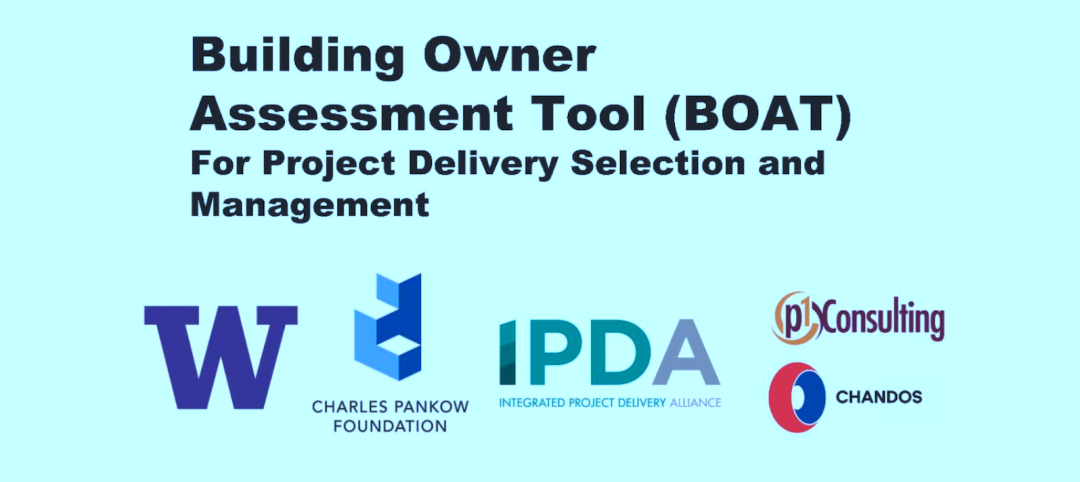Looking back, creating an AEC start-up during the brutal recession of the early 2000’s sounds like the worst timing imaginable. Sounds like a great way to lose everything, a great way to regret chasing a dream, a great way to move back in with your parents. What it doesn’t sound like is the beginning of a success story that defies all logic and luck and proves that 3 people with a big dream can actually become more profitable than they ever imagined. Here’s Ampirical’s incredible story.
Let’s get this straight: Ampirical isn’t just successful—it’s nationally recognized and shattering predictions by growing over 2,000% in revenue in the last seven years.
Ampirical went from three employees to being in the Top 25 of Engineering on Inc. Magazine’s Top 500|5000 fastest growing private companies in just seven years. And they can actually pinpoint why.
Ampirical, By the Numbers:
Staff growth over seven years: From three employees to 77
Percentage staff growth = 2,466%
Engineering revenue in 2006: $391,000
Engineering revenue in 2012: $9,375,000
Revenue growth: 2,297%
Ok, seriously—a comma? Who has a comma in their growth percentage? What is Ampirical doing that makes them so amazing?
First off, their engineering, architectural and surveying work is heralded as a benchmark in the industry and companies from all over the country seek them out for it. No cutting corners there.
But secondly, they prioritize beautifully and their office efficiency is off the charts, so they’re running at maximum billable hours at all times.
For those office management tasks, they credit BillQuick for speeding up their cash flow and helping them “spoil” their regular clients. Here’s how it breaks down:
First They Sped Up Cash Flow
Pamela Flucke, CPA and Controller at Ampirical explains, “BillQuick sped up the invoicing process immensely because all the required information for our workflow is kept in one spot. Previously, we kept time and expense entries in QuickBooks and we had to sync time. Now we’ve eliminated that step entirely. It’s a lot more user-friendly. For example, with QuickBooks, we could only manage to create and send 20-25 invoices a month. Now we’re able to do 100+ a month. It’s grown by leaps and bounds. So as a result our cash flow has improved due to faster cycle time. We typically email instead of manual mail and that saves time too.”
Ampirical credits BQE's BillQuick for speeding up the firm's cash flow.
Then They Managed Budgets Better
Knowing where you stand in regards to the budget is easy when you can automate reporting, Flucke explains. “Project managers are running reports in BillQuick and having them delivered to their email every Monday morning, so instead of having to manually check how many hours they’ve spent so far and how many they have left in their budget, they just know. They’re also starting to manage their employee’s utilization levels with that. They don’t have to think about it—it’s one less thing, since it’s automatically generated.”
They Keep Clients Coming Back
When asked if it helps her juggle clients easier, Pamela laughs, “Yes! And each one wants to see something different on the invoice. We’re up to 20 custom invoices—we’re very accommodating to clients in that way—we like to spoil them. Most of them are repeat clients.”
Here’s How They Made All That Money
While the rest of their staff grew 60% from 2010-2012, and their number of invoices, time sheets and reports grew exponentially, they didn’t have to expand their admin staff. They only added more engineers and specialists to provide even better service, and as a result, their revenue skyrocketed without adding overhead for non-billable staff.
Learn how BillQuick can help you improve your cash flow too.
Read more about Ampirical’s impressive Inc. Top 500|5000 nod here.
Related Stories
Adaptive Reuse | Aug 31, 2023
New York City creates team to accelerate office-to-residential conversions
New York City has a new Office Conversion Accelerator Team that provides a single point of contact within city government to help speed adaptive reuse projects. Projects that create 50 or more housing units from office buildings are eligible for this new program.
Codes and Standards | Aug 31, 2023
Community-led effort aims to prevent flooding in Chicago metro region
RainReady Calumet Corridor project favors solutions that use natural and low-impact projects such as rain gardens, bioswales, natural detention basins, green alleys, and permeable pavers, to reduce the risk of damaging floods.
Giants 400 | Aug 30, 2023
Top 75 Engineering Firms for 2023
Kimley-Horn, WSP, Tetra Tech, Langan, and IMEG head the rankings of the nation's largest engineering firms for nonresidential buildings and multifamily buildings work, as reported in Building Design+Construction's 2023 Giants 400 Report.
Building Team | Aug 28, 2023
Navigating challenges in construction administration
Vessel Architecture's Rebekah Schranck, AIA, shares how the demanding task of construction administration can be challenging, but crucial.
Multifamily Housing | Aug 23, 2023
Constructing multifamily housing buildings to Passive House standards can be done at cost parity
All-electric multi-family Passive House projects can be built at the same cost or close to the same cost as conventionally designed buildings, according to a report by the Passive House Network. The report included a survey of 45 multi-family Passive House buildings in New York and Massachusetts in recent years.
Regulations | Aug 23, 2023
Gas industry drops legal challenge to heat pump requirement in Washington building code
Gas and construction industry groups recently moved to dismiss a lawsuit they had filed to block new Washington state building codes that require heat pumps in new residential and commercial construction. The lawsuit contended that the codes harm the industry groups’ business, interfere with consumer energy choice, and don’t comply with federal law.
Government Buildings | Aug 23, 2023
White House wants to ‘aggressively’ get federal workers back to the office
The Biden administration wants to “aggressively” get federal workers back in the office by September or October. “We are returning to in-person work because it is critical to the well-being of our teams and will enable us to deliver better results for the American people,” according to an email by White House Chief of Staff Jeff Zients. The administration will not eliminate remote work entirely, though.
Building Owners | Aug 23, 2023
Charles Pankow Foundation releases free project delivery selection tool for building owners, developers, and project teams
Building owners and project teams can use the new Building Owner Assessment Tool (BOAT) to better understand how an owner's decision-making profile impacts outcomes for different project delivery methods.
Giants 400 | Aug 22, 2023
2023 Giants 400 Report: Ranking the nation's largest architecture, engineering, and construction firms
A record 552 AEC firms submitted data for BD+C's 2023 Giants 400 Report. The final report includes 137 rankings across 25 building sectors and specialty categories.
Apartments | Aug 22, 2023
Key takeaways from RCLCO's 2023 apartment renter preferences study
Gregg Logan, Managing Director of real estate consulting firm RCLCO, reveals the highlights of RCLCO's new research study, “2023 Rental Consumer Preferences Report.” Logan speaks with BD+C's Robert Cassidy.


















